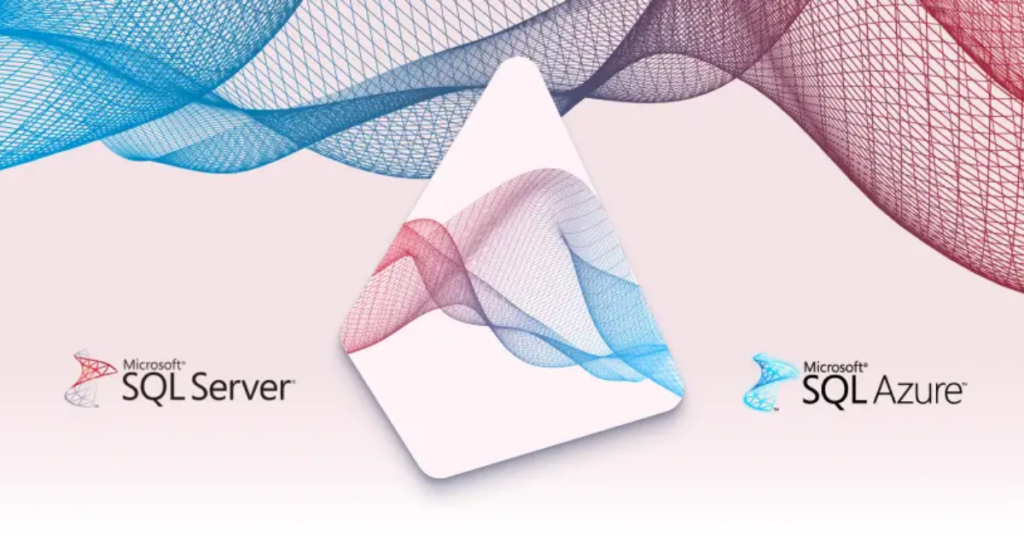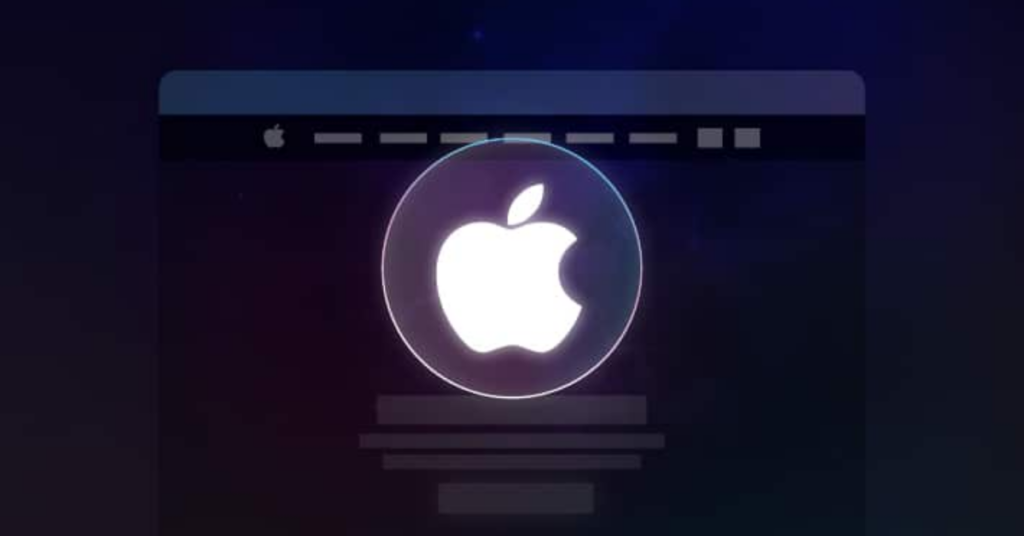Following the AT&T call records breach on Snowflake’s cloud platform, businesses of all types are now reassessing their data security measures. This incident, highlighting the exposure of call and text records of numerous AT&T cellular customers, serves as a clear reminder of the vulnerabilities that can exist in even the most secure cloud infrastructures.
Considerations for Medium-Sized Businesses Utilizing Third-Party Cloud Services
Let’s get straight to the point: if you’re in charge of a medium-sized business, this breach should be causing concern. It’s not only about specific companies like AT&T or Snowflake; it’s about the wider consequences for any company that depends on third-party cloud services – and let’s be honest, that includes most of us nowadays.
So, what’s the main point to remember? First and foremost, it’s evident that we cannot rely solely on our cloud providers to manage every aspect of security. Indeed, their sophisticated systems may be in place, but this breach clearly demonstrates their fallibility. As business leaders, it is our responsibility to proactively safeguard our data, thereby ensuring the trust of our customers.
Evaluating Cloud Providers and Enhancing Access Control
Now, let’s analyze some practical steps:
1. Take a closer look at your providers: It’s important to thoroughly examine your cloud providers’ security practices. It is important to inquire about their security protocols, past incidents, and how they have handled them, rather than solely relying on their claims. Always keep in mind that the security of your data relies heavily on identifying and strengthening any vulnerabilities.
2. Prioritizing Access Control is crucial: Ensure strong access controls are implemented throughout your organization. It’s not only about having strong passwords (although that is crucial as well). It’s crucial to prioritize the implementation of multi-factor authentication, conducting regular audits to monitor access permissions, and promptly revoking unnecessary access.
Staying Alert to Malware Threats and the Vital Role of Encryption
3. Remain alert to the threat of malware: Credential-stealing malware is growing more advanced. Invest in high-quality antivirus software, but don’t stop there. It is essential to provide regular security training to all employees. After all, the strength of a chain depends on the strength of its individual links.
4. Prioritize Encryption: The AT&T breach serves as a valuable reminder of the critical role encryption plays in safeguarding data. It is crucial to prioritize the encryption of all sensitive data, whether it is being transmitted or stored. If a breach were to happen, encrypted data becomes significantly less valuable to potential attackers.
Implementing data minimization practices and conducting regular security audits are crucial for maintaining a secure environment
5. Evaluate the data collection and storage practices to ensure efficiency. Is all of it truly necessary? Minimizing the amount of sensitive data in your possession can significantly reduce the potential impact of a security breach. We should consider implementing a more streamlined approach to data collection.
6. Ongoing Security Audits: It is crucial to proactively identify your vulnerabilities rather than waiting for a breach to occur. Regular, thorough security audits are essential for identifying and addressing potential vulnerabilities before they can be taken advantage of.
Developing a Comprehensive Incident Response Plan and Evaluating the Benefits of Cyber Insurance
7. It is crucial to have an Incident Response Plan in place. While we remain optimistic, it is essential to be prepared for any unforeseen circumstances. It is crucial to have a well-defined and effectively communicated strategy in place to address any potential breaches. This should outline the necessary measures to address the breach, inform the relevant parties, and minimize the impact.
8. It is worth considering cyber insurance as it can offer an extra level of protection and assist in reducing the financial consequences of a breach. However, it is important to note that it should not be relied upon as a replacement for strong security measures.
The Financial and Reputational Consequences of Data Breaches
Now, let’s acknowledge the obvious: Indeed, putting these measures into action requires a significant investment of time, effort, and resources. And yes, it may appear excessive, particularly if you haven’t personally encountered a breach. However, it is worth noting that in 2021, the average cost of a data breach amounted to a staggering $4.24 million, as reported by IBM. For a medium-sized business, that’s a significant blow – it has the potential to be devastating.
Furthermore, it’s not only about the immediate financial impact. An incident like this can significantly impact customer trust, harm your reputation, and result in lasting negative effects on your business. In today’s fast-paced digital world, ensuring the security of your data is not just a matter for the IT department. It is a critical concern that has the potential to shape the future of your business.
Strengthening Security Measures to Discourage Potential Threats
It’s important to clarify that the objective is not to build an impregnable fortress, as that is likely unattainable given the ever-changing nature of today’s threat landscape. Instead, the goal is to establish multiple layers of security that discourage and deter potential attackers from targeting your business.
Keep in mind, in the realm of cybersecurity, the key is not to surpass the competition, but rather to stay ahead of them. By implementing strong security measures, you are not only safeguarding your business, but also establishing it as a more secure option compared to less-prepared competitors.
Take proactive measures to safeguard your digital future
Ultimately, the AT&T breach should be a clear reminder for businesses of every scale. It serves as a reminder that in our interconnected digital world, security should never be overlooked. It must be integrated into every aspect of our operations. By being proactive in strengthening your security measures, you are not only ensuring the safety of your data, but also securing the future of your business. It’s time to embrace your digital future and seize control. After all, in the realm of data security, a proactive approach is crucial for staying ahead.




